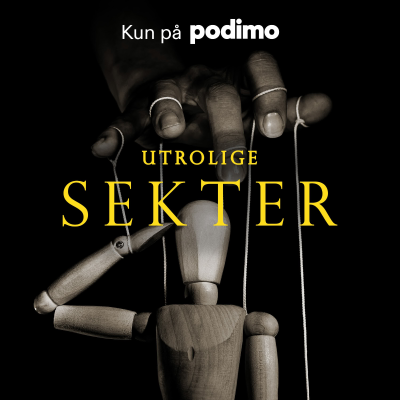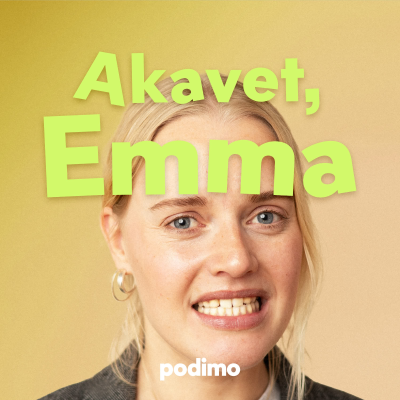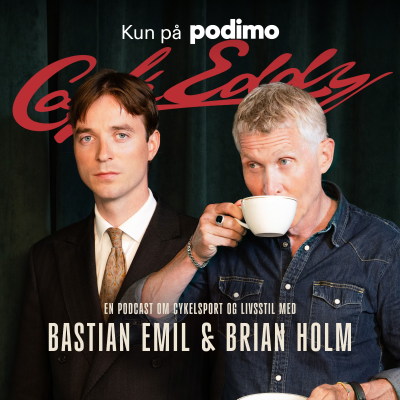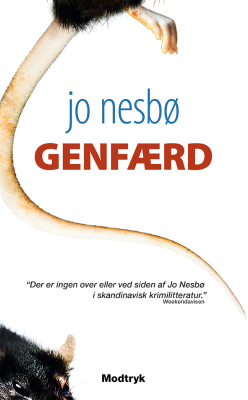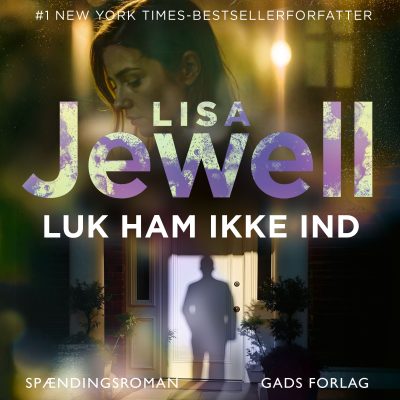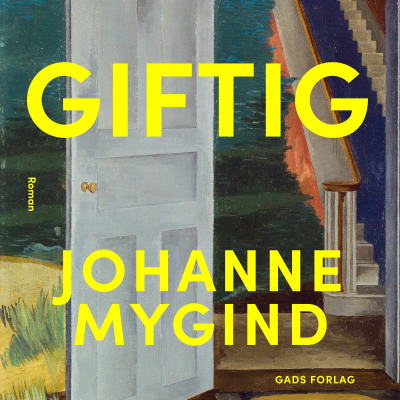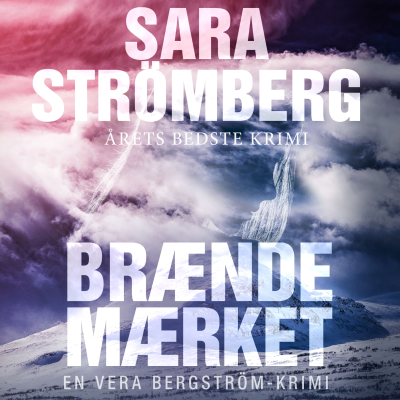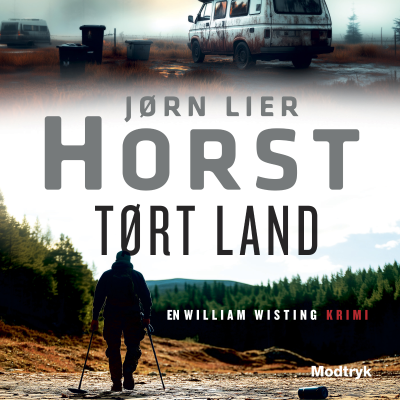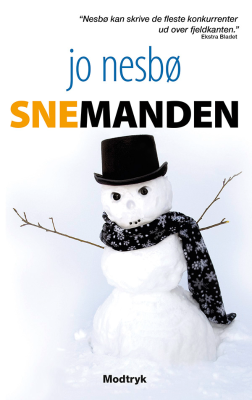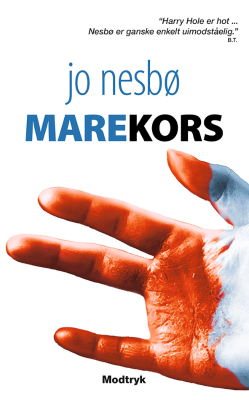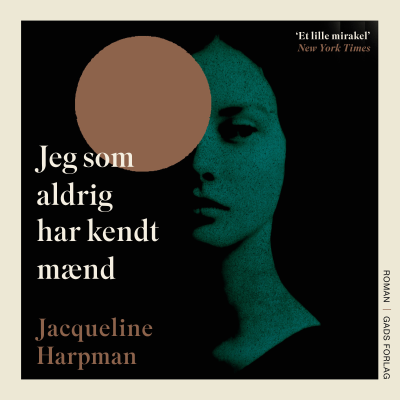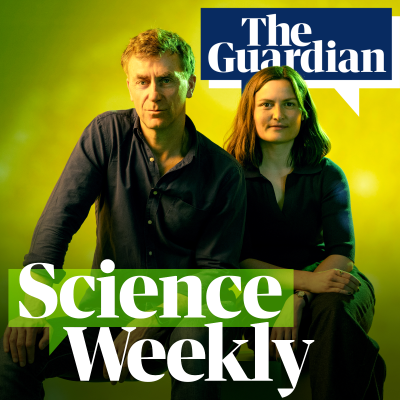
Science Weekly
engelsk
Videnskab & teknologi
Begrænset tilbud
3 måneder kun 9 kr.
Derefter 99 kr. / månedOpsig når som helst.
- 20 lydbogstimer pr. måned
- Podcasts kun på Podimo
- Gratis podcasts
Læs mere Science Weekly
Twice a week, the Guardian brings you the latest science and environment news
Alle episoder
890 episoderWill China own the green energy future?
The conflict in the Middle East has sent energy prices soaring, and for countries that import a high proportion of their fuel, it’s a reminder of the perils of energy dependence. As the recipient of almost 90% of Iran’s crude oil, China knows this only too well. Which partly explains why the country spent the last decade heavily investing in clean power. To find out what else could be driving the strategy, Madeleine Finlay speaks to senior China correspondent Amy Hawkins. And energy correspondent Jillian Ambrose reflects on how China’s ambitions could affect the rest of the world. Help support our independent journalism at theguardian.com/sciencepod [https://www.theguardian.com/sciencepod]
Does Trump want to wage an AI-powered war?
In the past three months, Donald Trump’s White House has reportedly used AI twice to effect regime change – once in its capture of Venezuela’s president, Nicolás Maduro, and more recently to help plan the strikes that killed Iran’s supreme leader, Ayatollah Ali Khamenei. The most recent strikes coincided with the end of the Pentagon’s relationship with the AI company Anthropic over concerns its AI tool Claude was being used for purposes the company had explicitly prohibited. The government swiftly signed a new contract with Open AI. To find out what this means for the use of AI in forthcoming conflicts, Madeleine Finlay speaks to technology journalist Chris Stokel-Walker. He explains why he thinks this moment represents a dangerous turning point.. Help support our independent journalism at theguardian.com/sciencepod [https://www.theguardian.com/sciencepod]
Can degrowth save the climate?
Since the 1960s, global GDP has been rapidly rising and living standards have reached record highs. But something else has been rocketing up too – carbon emissions. For years, scientists and economists have been asking: is it possible to grow without heating and polluting the Earth? And as the climate becomes more unstable, the issue is only becoming more urgent. Madeleine Finlay hears from two economists arguing for a change in how we measure a country’s success. Nick Stern is professor of economics and government at the London School of Economics and an advocate of green growth, an approach to growth that prioritises green industry. Jason Hickel is a political economist and professor at the Autonomous University of Barcelona who advocates degrowth, shrinking parts of the economy that do not advance our social and ecological goals.. Help support our independent journalism at theguardian.com/sciencepod [https://www.theguardian.com/sciencepod]
The truth about fat, and its complex role in our health
For a long time fat was seen simply as an inert yellow substance wrapping around our bodies, but now that’s changing. Scientists are beginning to understand that our fat is actually intricate and dynamic, constantly in conversation with the rest of the body. It’s now even considered by some to be an organ in its own right. To find out more about the complex role fat plays in our health, Ian Sample hears from co-host Madeleine Finlay and from Declan O’Regan, professor of cardiovascular AI at Imperial College London. Help support our independent journalism at theguardian.com/sciencepod [https://www.theguardian.com/sciencepod]
Psychedelics for depression, dart frog poison and why do we have chins?
Madeleine Finlay sits down with science editor Ian Sample and science correspondent Nicola Davis to discuss three eye-catching stories, including the impact of a powerful psychedelic on depression, answers on the death of Russian opposition leader Alexei Navalny, and an explanation to the mystery of why humans have chins. Help support our independent journalism at theguardian.com/sciencepod [https://www.theguardian.com/sciencepod]
Vælg dit abonnement
Begrænset tilbud
Premium
20 timers lydbøger
Podcasts kun på Podimo
Gratis podcasts
Opsig når som helst
3 måneder kun 9 kr.
Derefter 99 kr. / måned
Premium Plus
100 timers lydbøger
Podcasts kun på Podimo
Gratis podcasts
Opsig når som helst
Prøv gratis i 7 dage
Derefter 129 kr. / måned
3 måneder kun 9 kr. Derefter 99 kr. / måned. Opsig når som helst.
